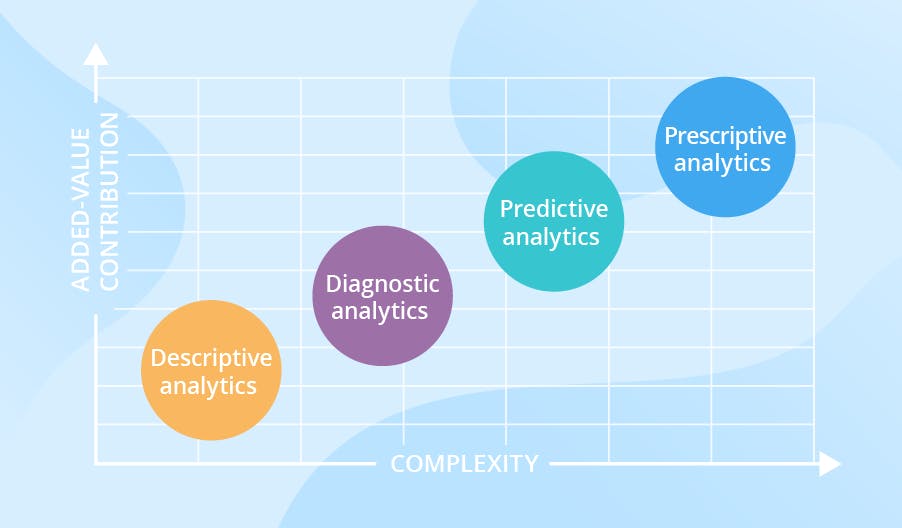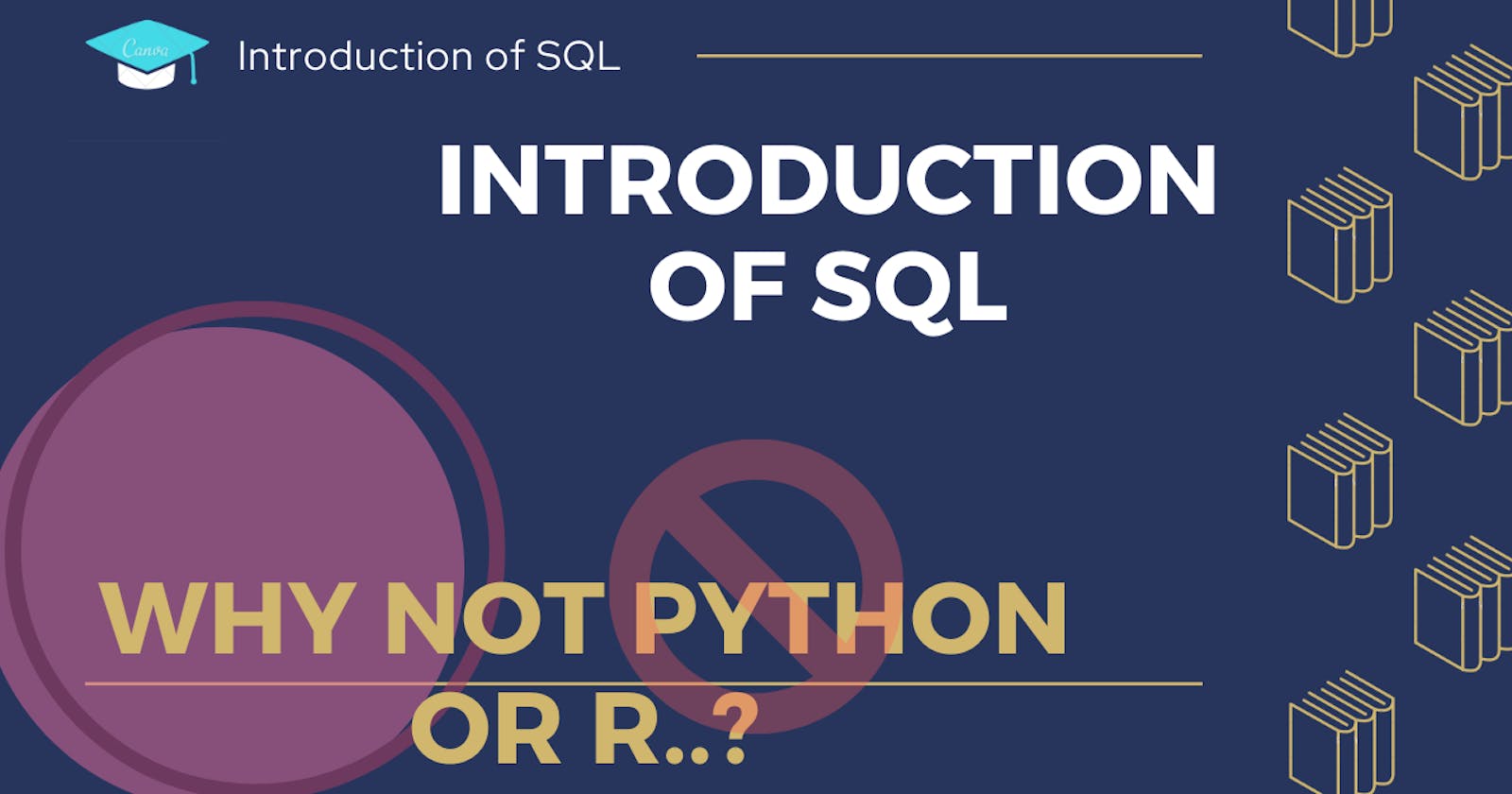So let's gets started... First thing, What is SQL.?
SQL stands for structured query language.
- Basically, SQL is computer language which is used for storing, manipulating and retrieving data from database. - SQL is a standard language for managing, manipulating and querying database. - Developed at IBM in the early 1970.SQL is the language used to ask questions (query) of a database which will return answers.
Why SQL.?
- Simple
- Accessible
- Applicable
- Powerful
- Valuable
- Universal
Why not Python or R ??
Understanding a SQL query is a lot more intuitive and less intimidating when compared to an R/python script. Because the SQL queries are mostly self-contained, I can easily figure out an SQL query more easily and execute it.
SQL is always a safe house. Although an SQL script is way lengthier than its R/python. It feels easier to do it that way like you read an English language.
But learning a language like an R/python will always make your life easier and more effective in the way you handle the data. So the best place to start your learning would be with SQL
- SQL is a great starting point if you are beginner .
Now, let's start .... What is Data analytics.?
- Data Analytics is the Discovery, interpretation, and
find meaningful patterns in Data.
- Organization may apply analytics to Business data
to describe, predict, ad improve business performance.

Why SQL is the foundation of Data Analytics..?
- Data scientist will use SQL to load data into their models.
- Data analysts will use SQL to query tables of data and derive
insights from it.
- Data engineers and database administrators will use SQL
to ensure that everybody in their organization has
access to the data they need.
What is database.?
Database is organized collection of data. database is used for storing data. these data can be easily accessed, managed, modified, updated, controlled, and organized.
- The logical structure of the database is based upon the information needed of an organization.
What is RDBMS.?
- Relational database is collection of data that's store and provide
access to data point that are related to each other.
- These items are organized as set of tables with columns.
Advantages of a RDBMS
- Establish a centralized, logical view of data.
- Minimizes data duplication.
- Promote data accuracy and integrity.
- Capacity of database.
- Retrieve information quickly.
- Security.
- Inter-operability.
Thank you so much for reading..🙏😊

